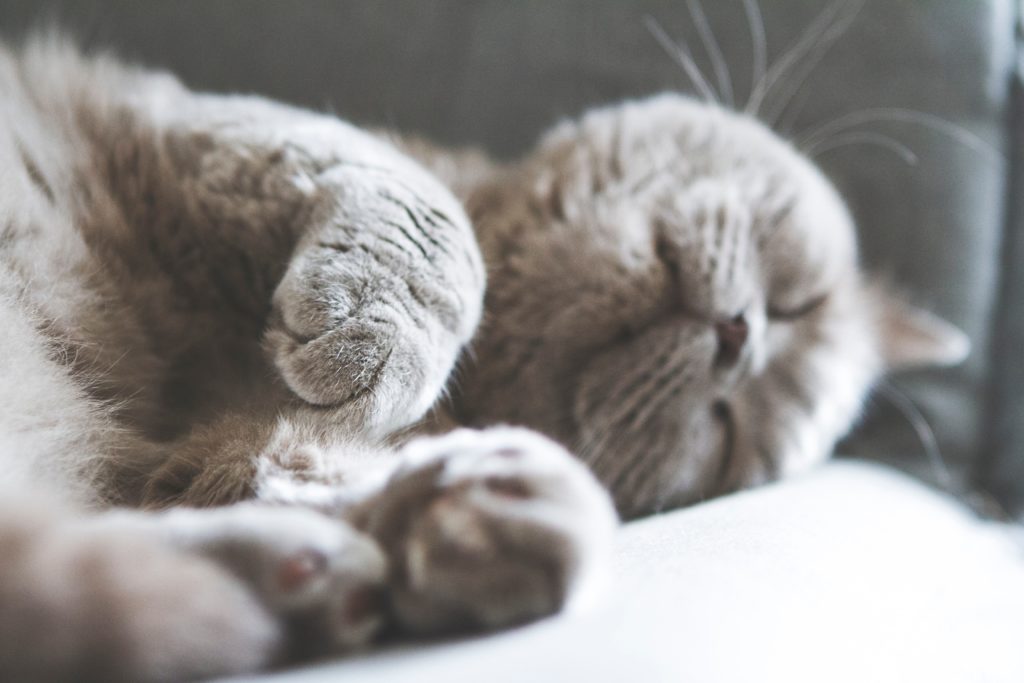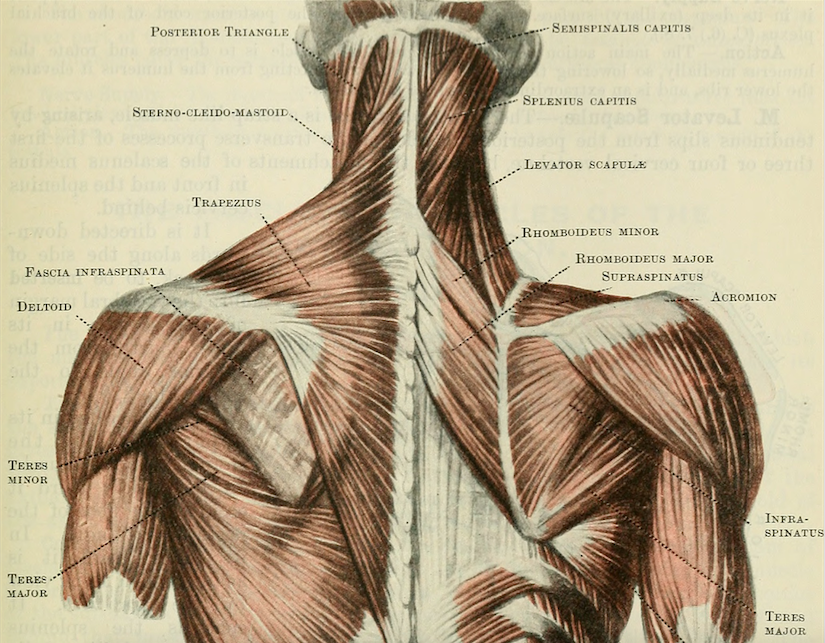
by Marie Hathaway
I can’t tell you how long I’ve been a cat person without a cat. My family always had one or two cats while I was growing up. But once I started living on my own it seemed like an expense I couldn’t afford. Then when I was more financially stable, a new narrative took over in my head: I needed to do a better job of taking care of myself before trying to take care of something else.
This kind of negative self-talk seems to run rampant in January, a time when we reflect and set goals for the coming year. New Year’s resolutions often focus on what we’d like to change about ourselves. We tally up a list of what we think is wrong with us—things about our bodies, our habits, our life circumstances—then plot a course to fix it.
What if we brought a little self-compassion to our resolutions? What if instead of making a list of the things we’d like to fix about ourselves, we made a list of some things we deserve credit for. We might surprise ourselves. We might begin to question why we’re so critical of ourselves or why we deprive ourselves of opportunities to thrive or find comfort.
Which brings me back to cats. For years I’ve comforted myself with cat-sitting for friends. They appreciated how reliable and understanding I was of their cats’ quirks and needs, and I relished getting to spend time with their pets. Once on my way to check in on a cat for some friends who were out of town, I remarked, “Well, I’m off for cat therapy!” But still I somehow believed I was incapable of giving this care full-time and undeserving of this comfort in my own life. Any time I entertained the idea, I’d think about the things a cat needs—food, entertainment, medical checkups—and list times I hadn’t been able to provide those for myself. And so I continued to deny myself something I knew would bring me joy.
And not just joy. A lot of research shows pets are beneficial to our mental and physical health. They’re a source of comfort and motivation. They offer soothing affection and encourage us to play. They make us feel needed and give us a sense of accomplishment.
The feeling that we have accomplished something is highly underrated. A sense of achievement can be a strong force, feeding our self-esteem and fueling our future motivation. But so many accomplishments go unrecognized.
We know how to give this feeling to others. On a small, everyday scale we might compliment a coworker on a job that often goes unnoticed; thank a friend for taking the time to talk with us; let a cashier know you see that they’re really busy and we’re grateful for their help.
These little acts of compassion don’t cost anything, but they pay dividends. When you’re having a hard time, it can mean so much to know that someone sees your struggle and your strength. The recipient feels good, and so do we. It’s easy, and yet it can be tough to remember to do—especially when we’re busy or stressed or distracted.
Something we can do to exercise that compassion muscle, to remember to look for opportunities to flex it, is to practice on ourselves.
Here’s a little exercise: Make a list of things you accomplished last year.
Start with the easy stuff, but then dig a little deeper. And don’t be afraid to give yourself credit for basic things. Get specific and think outside of the box. Consider not just the things you actively achieved, but also the challenges you survived.
Every year presents challenges. Some are harder on our neighbors and kinder to us. Other years can feel like a personal hell. But for many of us, last year was harder than most. Simply making it through the year, or even shorter periods, can feel like an accomplishment deserving a little recognition. I recently encountered this image of Kermit the Frog saying, “You deserve a gold medal!” The caption, from an Instagram profile dedicated to the history of the Muppets and the spirit of Jim Henson, said “You made it through another week. I’m proud of you.”
I tried this exercise myself—sitting down on my couch with my journal to make a list of my 2020 achievements. The first things that came to mind were work-related: projects I completed, starting a new job. Then I got a little more specific: projects that were smaller but that I had spearheaded, new software and applications I learned.
Then I thought about social accomplishments, something to be proud of in a year marked by isolation:
- Met 20 new co-workers—virtually
- Stayed connected with far-away friends through texts and email
- Reconnected with a member of my extended family over Zoom
Next I began to consider things related to my mental health, including challenges I lived through:
- Navigated quarantine in a small apartment with a roommate
- Survived 90+ virtual meetings
- Started getting up at 6:30 almost every day
Suddenly I remembered one of my most recent accomplishments, which happened to be sitting next to me on the couch:
- Adopted a cat
This really was an accomplishment. It took a lot of unseen work to get there. I had to recognize that my negative self-talk about how I was failing to take care of myself wasn’t actually helping me get better at taking care of myself. And I had to realize that taking care of something else doesn’t inhibit my ability to take care of myself; it actually nurtures it.
Giving ourselves credit for our accomplishments is a great way to practice self-compassion. You can also carry this list-making exercise into the new year. Keep track of your accomplishments as you go. Or reflect once a month on what you’ve achieved or overcome. It can be especially helpful if you’re feeling unmotivated or discouraged, to remind yourself of all the big wins or even just all little things you do every day.
When we step back and really appreciate all we do for ourselves and others, we become our own friend giving a much-needed compliment. And when we adopt this friendlier attitude towards ourselves, we begin to notice more opportunities to be friendly to others. The kindness we show ourselves multiplies. It begins to take on life outside of us. It lives in others and comes back to us. Lately mine curls up in my lap.



